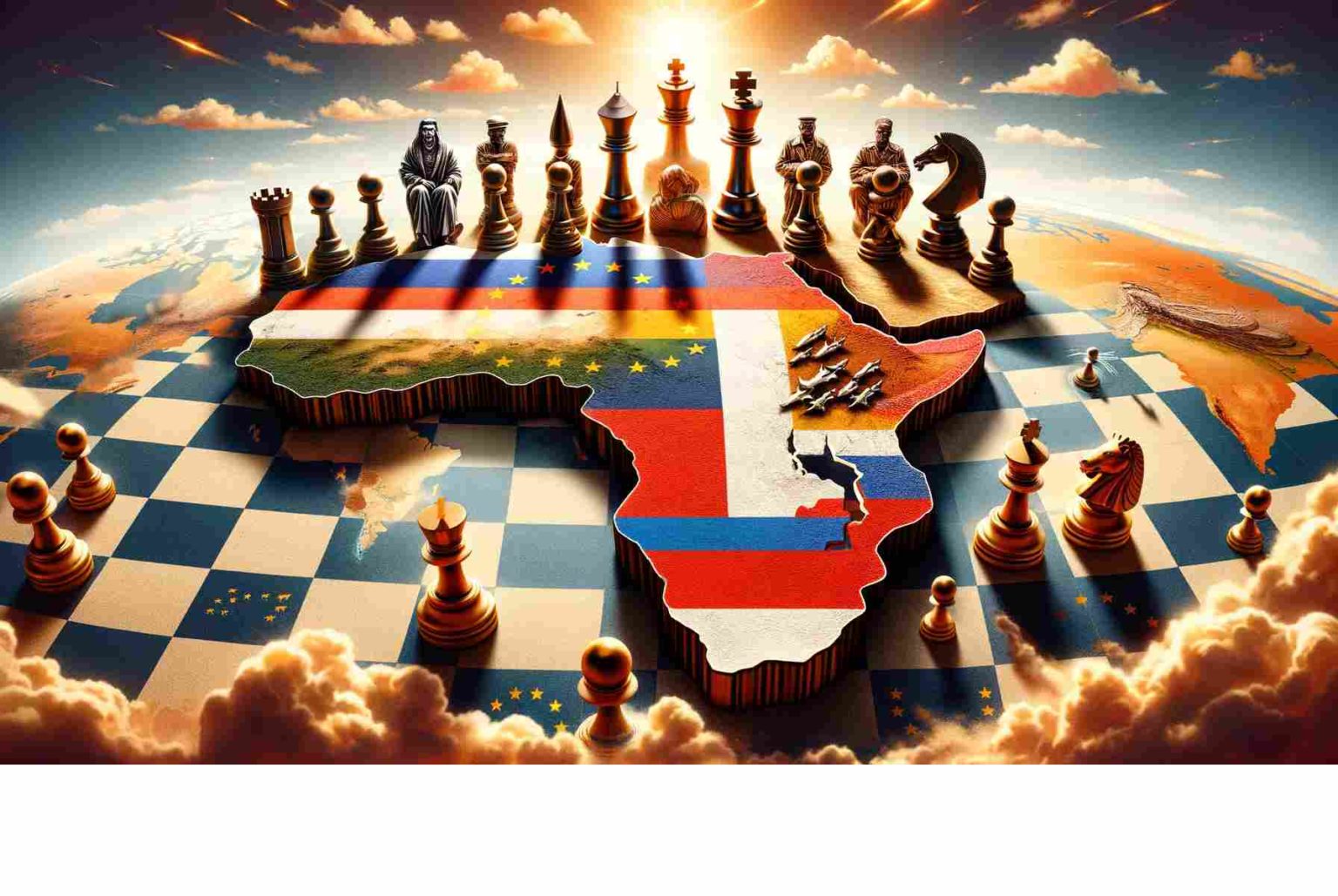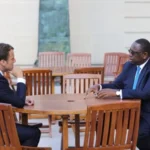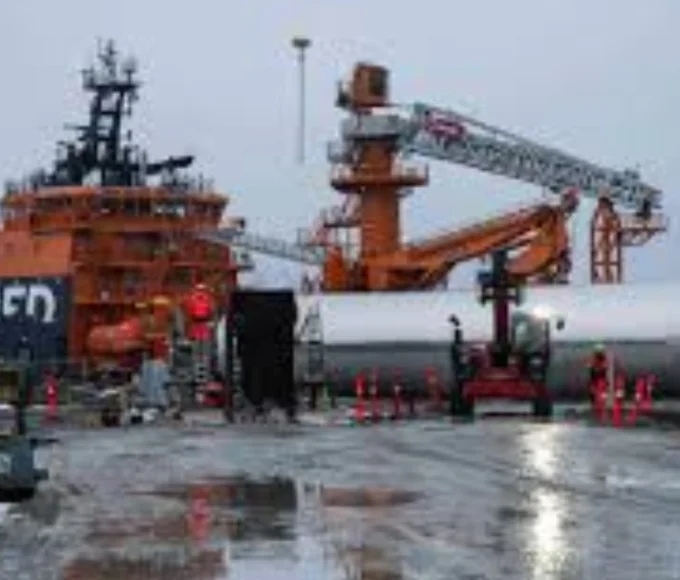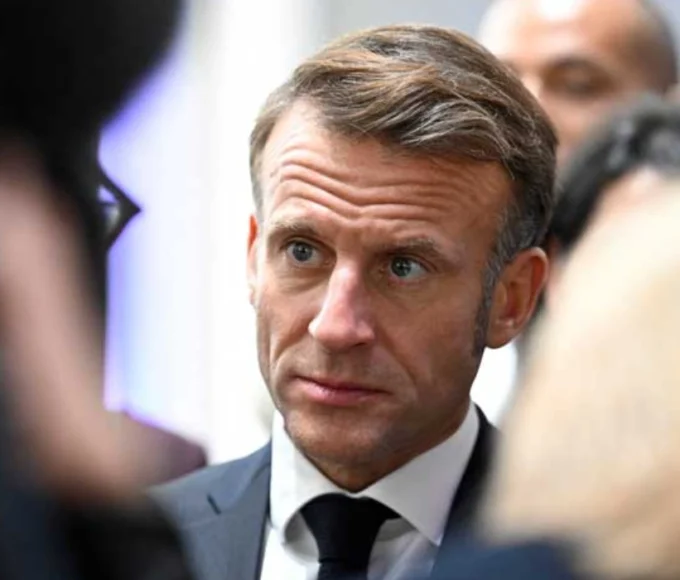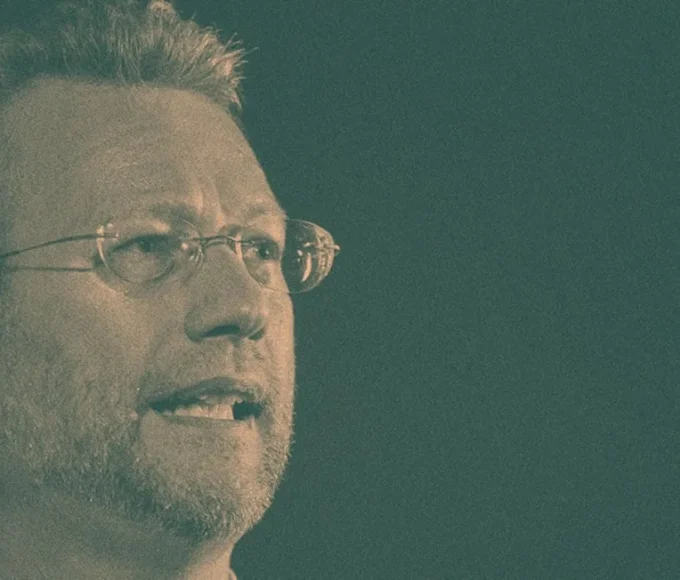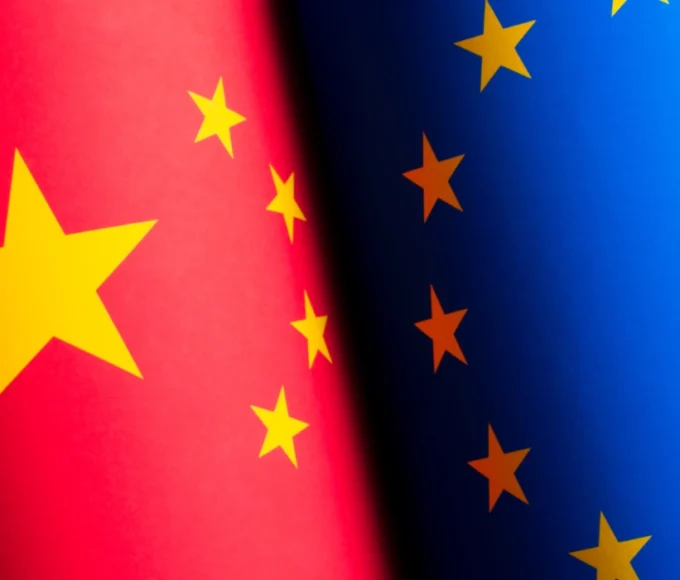A briefing entitled “Russia in Africa: An atlas” was prepared by the European Parliamentary Research Service (EPRS). This document was published in February 2024 and is intended for members and staff of the European Parliament to assist them in their parliamentary work.
The objective of this briefing is to provide a detailed analysis of Russia’s growing engagement in Africa through its diplomatic, economic, and military dimensions. It examines Russia’s use of various hybrid tools, such as what they consider and call information manipulation campaigns and the multifaceted presence of the Wagner paramilitary company, which are integral parts of the current strategy of Russia in Africa.
The document highlights Russia’s full-scale invasion of Ukraine in February 2022 and the subsequent open confrontation with the West, which has thrust the African continent back into the spotlight as an area of geopolitical rivalry.
Russia would seek through its commitment on the continent to break the diplomatic and economic isolation imposed by the West, to reaffirm its relevance on the international scene as champion of a new “polycentric world”, and to advance its ambitions. geostrategic in the areas of mining, energy, and military presence in key areas such as the Red Sea and the Mediterranean.
This document is aimed specifically at members and staff of the European Parliament, providing background material to assist them in their parliamentary work, and does not represent an official position of the Parliament.
Below is a summary of the document
Russia is intensifying its diplomatic, economic and military engagement on the African continent. The occupation of Crimea in 2014 and the invasion of Ukraine in 2022 have put Africa back in the spotlight, seen as a ground for geopolitical rivalry.
Diplomacy in Action: The Russia-Africa Summit
The second Russia-Africa summit, held in St. Petersburg in July 2023, saw lower participation from African heads of state compared to 2019, reflecting unaddressed concerns about the impact of the war in Ukraine on their economies .
Political and military influence: The presence of Wagner
Russia is expanding its influence through unofficial channels, including private military companies like the Wagner Group. These actions include military operations and political influence campaigns, benefiting from a lasting presence on the ground.
Trade and energy: A targeted approach
Despite a modest commercial presence compared to other African partners, Russia is heavily involved in the mining and energy sectors. It has concluded nuclear cooperation agreements with 20 countries, providing for the construction of nuclear power plants in Egypt and Nigeria.
Conclusion: Between opportunities and challenges
Russia’s engagement in Africa is characterized by an opportunistic and strategic strategy, aimed at strengthening its military presence, expanding its energy and mining cooperation, and circumventing the diplomatic and economic isolation imposed by the West.
Key figures
The document presents several key figures that highlight the scale of Russia’s engagement in Africa in various areas, including trade, investment, military and energy cooperation. Here are some of the key figures mentioned:
Grain donation: Russia has offered to donate 25,000 to 50,000 tonnes of grain to six countries (Burkina Faso, Central African Republic, Eritrea, Mali, Somalia and Zimbabwe), which is considered far from meeting the needs of the ‘Africa.
Trade: In 2022, Africa’s imports from Russia accounted for less than 2% of the continent’s total imports, while the EU27 and China accounted for 25% and 18% of the market, respectively. Africa’s exports to Russia accounted for an even smaller share of the market (less than 1% in 2022 compared to 33% to the EU and 12.18% to China).
Foreign direct investment: Russia contributes less than 1% of foreign direct investment (FDI) to the African continent.
Nuclear cooperation: Russia has signed nuclear cooperation agreements with 20 African countries. Among them, Egypt and Nigeria have signed preliminary plans to build nuclear power plants. If these plans come to fruition, Egypt and Nigeria will join South Africa, which already has an operational nuclear power plant, in the ranks of African countries with nuclear energy capabilities backed by Russian technology.


